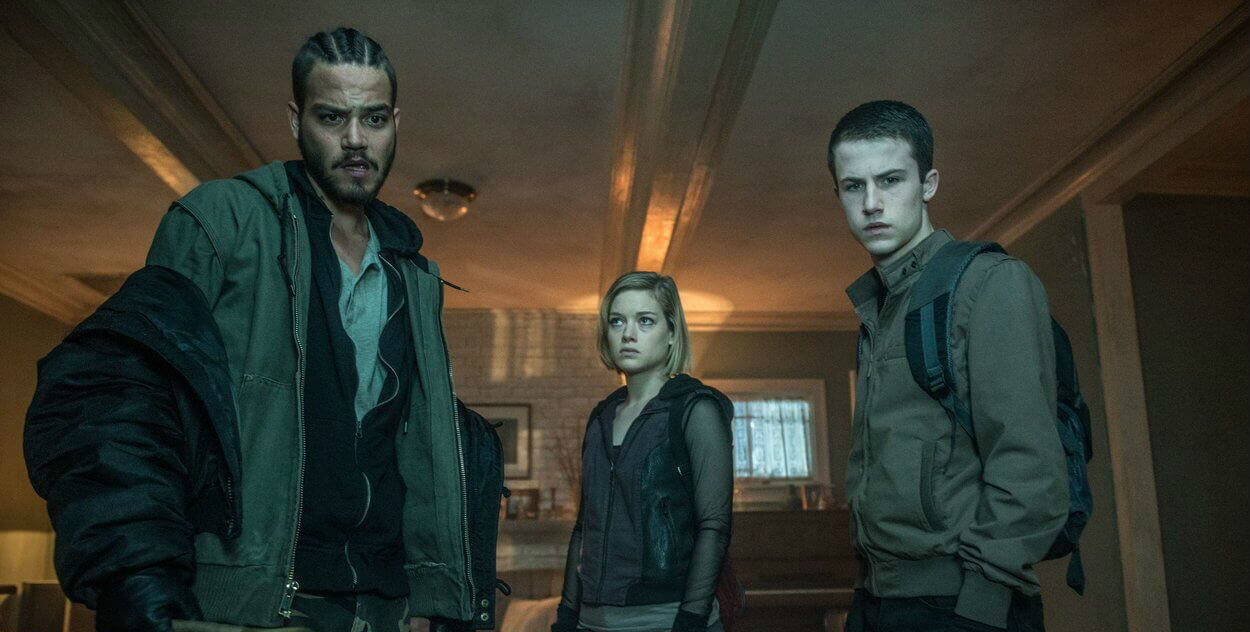Don’t Breathe [2016]: Continuing in the vein of horror, director Fede Alvarez makes his move from a high budget Evil Dead reboot to the sleeper hit indie-thriller Don’t Breathe. The film sets its sights on a group of young burglars who try to sneak into an elderly blind man’s house in the ghettos of Detroit to rob him. Little does the trio know that the lonely homeowner poses more of a threat than they bargained for.
Blind Man’s Bluff: Innovation is key when crafting a story that takes place primarily in one location, and the dark, decrepit abode of our resident blind man acts as the backdrop for a deadly game of cat and mouse. Stephen Lang fully embraces his role as a disabled war veteran-turned-shut-in, invoking an initial fragility that quickly shifts into a predisposed animosity as he hunts down his much younger assailants with the determination of a madman scorned. There is no accidentally-summoned demon or temperamental ghost at work; just a blind man with a gun and very acute sensory perception. The tension is also aided by his faithful canine companion—always appearing in the nick of time to terrorize the teen robbers with unrelenting fury, making Cujo seem like a docile puppy by comparison.
Now You See What I See: One of the classic methodologies for capturing genuine horror in an audience is utilizing their fear of the unknown. What better way than to deprive them of the one thing they depend on most: their sight. Don’t Breathe cleverly plays on this dependency with the inclusion of night vision during a bone-chilling chase sequence intended to leave you squirming in your seat. The film also pays mind to the most minuscule of sounds, whether it be a small piece of glass being crushed against wood flooring or the ticking of a clock. Emphasizing these details transfixes the viewer into the isolated world of the characters, where even the slightest change of breath or misstep could transpire into a life/death situation.
We’re All to Blame: The cast of characters encountered in the film may be few, but their moral complexities make for an interesting conflict of interest. The three young bandits—Rocky, Alex, and Money—all have their reasons for the illegal acts they commit. For instance, the lone female of the group, Rocky, longs to escape her unstable home life with her little sister and move to California. Having no means to leave Detroit on her own, she makes a profit off burglarizing houses and selling the stolen contents. Alex also shows some honorable merit despite the illegal situations he finds himself in. Despite the preconceived notion that sympathy would fall on the blind man whose house is being ransacked, a disturbing turn of events points the compass of morality toward the true source of evil hiding in the dark dwelling.
A nonstop tour de force of suspense, Don’t Breathe will tantalize your
senses and make you reevaluate the ones you take for granted.

